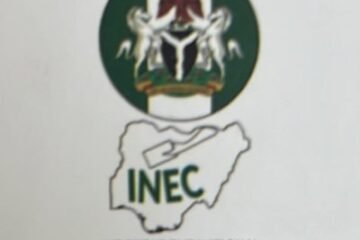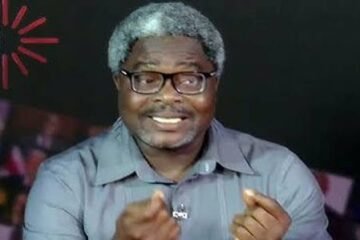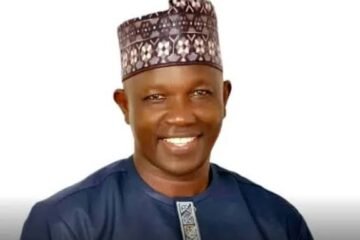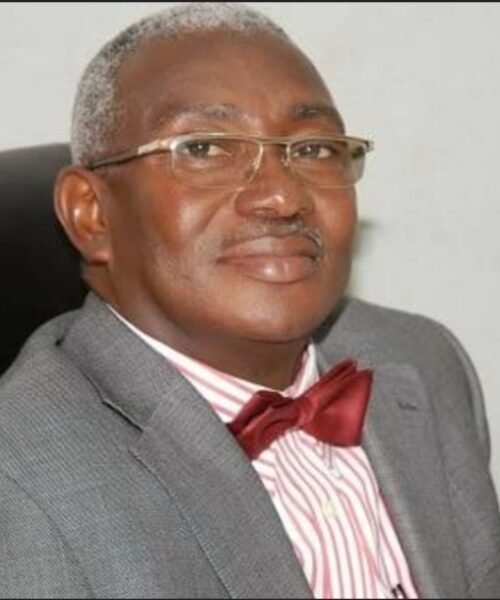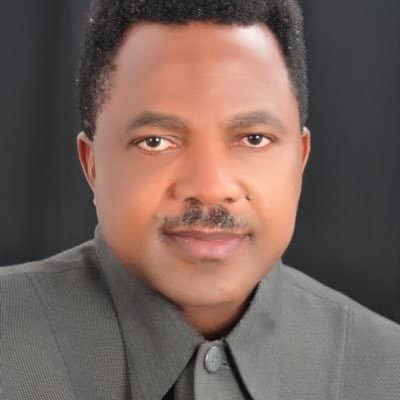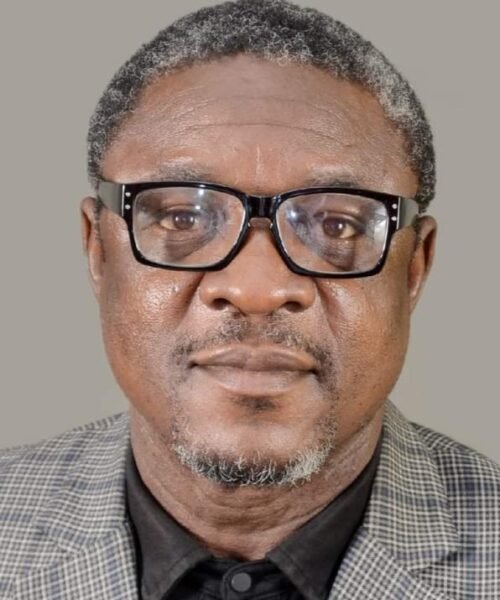By Sunday Olajide
Holding elected representatives accountable is a cornerstone of democracy.
In principle, the initiative by the Justice Development and Peace Initiative (JDPI) of the Catholic Diocese of Ekiti, in collaboration with the Nigeria Union of Journalists (NUJ), to assess the performance of the state’s National Assembly members, is commendable.
However, as it stands, this exercise is fundamentally flawed. A closer examination of its methodology, its apparent misunderstanding of legislative roles, and disregard for the realities of government funding reveals that the assessment risks producing a biased and misleading report.
The Problem with Methodology: A Confluence of Biases
The assessment relies on “random interviews” and a “Likert scale tool,” both of which are fraught with well-documented issues in social science research.
- Social Desirability Bias: When people are interviewed face-to-face, they often feel pressure to give answers that are socially acceptable, not necessarily what they actually believe. This can lead respondents to overstate their satisfaction or dissatisfaction, providing a significant misrepresentation of their true opinions.
- Respondent Fatigue: A large number of questions on a Likert scale can lead to “respondent fatigue.” People get bored and may start selecting answers mindlessly, compromising the accuracy of the data and rendering the responses unreliable.
- Subjective Interpretation: Terms like “somewhat” or “effective” are vague and open to personal interpretation. What one person considers “very effective”, another may only see as “moderately effective.” This inconsistency makes it difficult to compare results across the board.
- Oversimplification: Reducing complex attitudes and performance metrics to a simple Likert scale oversimplifies the reality of legislative work. It fails to capture the nuances and rich context of a lawmaker’s duties, leading to significant “information loss.”
- Misunderstanding the Role of Lawmakers
A key deficiency in this assessment is a profound misunderstanding of the core functions of National Assembly members. While many Nigerians mistakenly focus on physical projects and handouts, a legislator’s job has three core constitutional responsibilities.
Lawmaking: Creating and amending laws for the “peace, order, and good government” of the federation.
- Appropriation: Scrutinizing, amending, and approving the national budget.
- Oversight: Monitoring the executive branch to ensure transparency, accountability, and proper implementation of policies and funds.
An assessment that focuses only on the visibility of physical projects—which are often tied to the release of capital budgets by the executive—is fundamentally flawed. It ignores the legislative and oversight functions that are arguably more critical to good governance.
Furthermore, a fair assessment must also account for the peculiarities of each National Assembly member. For example, the Senate Leader, as the number three official in the Senate, has more opportunities and privileges than other senators.
Similarly, a senator’s committee assignment gives them a comparative advantage. The senator from the North senatorial district, for example, is in charge of civil service and therefore has more privilege to give employment opportunities than their counterpart from the South.
It is unfair and inaccurate to measure all senators with the same yardstick of success when their roles, ranks, and committee assignments provide them with different levers of power.
The Reality of Budgetary Constraints
Any fair assessment of a legislator’s performance must be grounded in the economic realities of the nation. It is a well-known fact that the Nigerian economy has faced significant challenges. As of August 2025, less than 30% of the 2024 capital budget had been released.
Holding legislators accountable for a lack of project execution when the funds for those projects have not been disbursed by the executive branch is not only unfair but also illogical. This demonstrates a deep ignorance of how government financial machinery operates.
Is the Catholic Church’s Approach Justified?
The JDPI’s decision to publish its findings without first engaging the individuals involved raises serious questions about its true intent. How is it justified for the Catholic Church to make such a public assessment without getting the side of the people involved? This approach seems designed to shame these elected officials rather than to genuinely promote good governance.
If the church’s goal is truly for the common good, why did it not first get in touch with the individuals involved?
This exercise also begs the question of whether the Catholic Church is now taking part in partisan politics. Is this the new role of the altar and the pulpit?
Conclusion: A Dangerous and Unjust Exercise
An assessment based on a biased and uninformed methodology, without a clear understanding of the constitutional roles of the National Assembly and the prevailing economic realities, is dangerous. It risks creating a false narrative that could mislead the public and unfairly tarnish the reputations of elected officials.
Such an exercise, no matter how well-intentioned, becomes a disservice to public discourse on good governance.
If we want to build a truly accountable democracy, we must use the right tools for the job. This means adopting rigorous, unbiased research methods, acquiring a comprehensive understanding of the roles of our representatives, and grounding our judgments in the economic realities of the day.
Without these crucial elements, this assessment is an unreliable and harmful exercise that must be called into question and condemned in its entirety.
It is not about protecting the lawmakers but about protecting the integrity of the process and the public’s right to accurate information.
*Olajide, a former Managing Director/CEO of National Mirror, writes from Lagos


